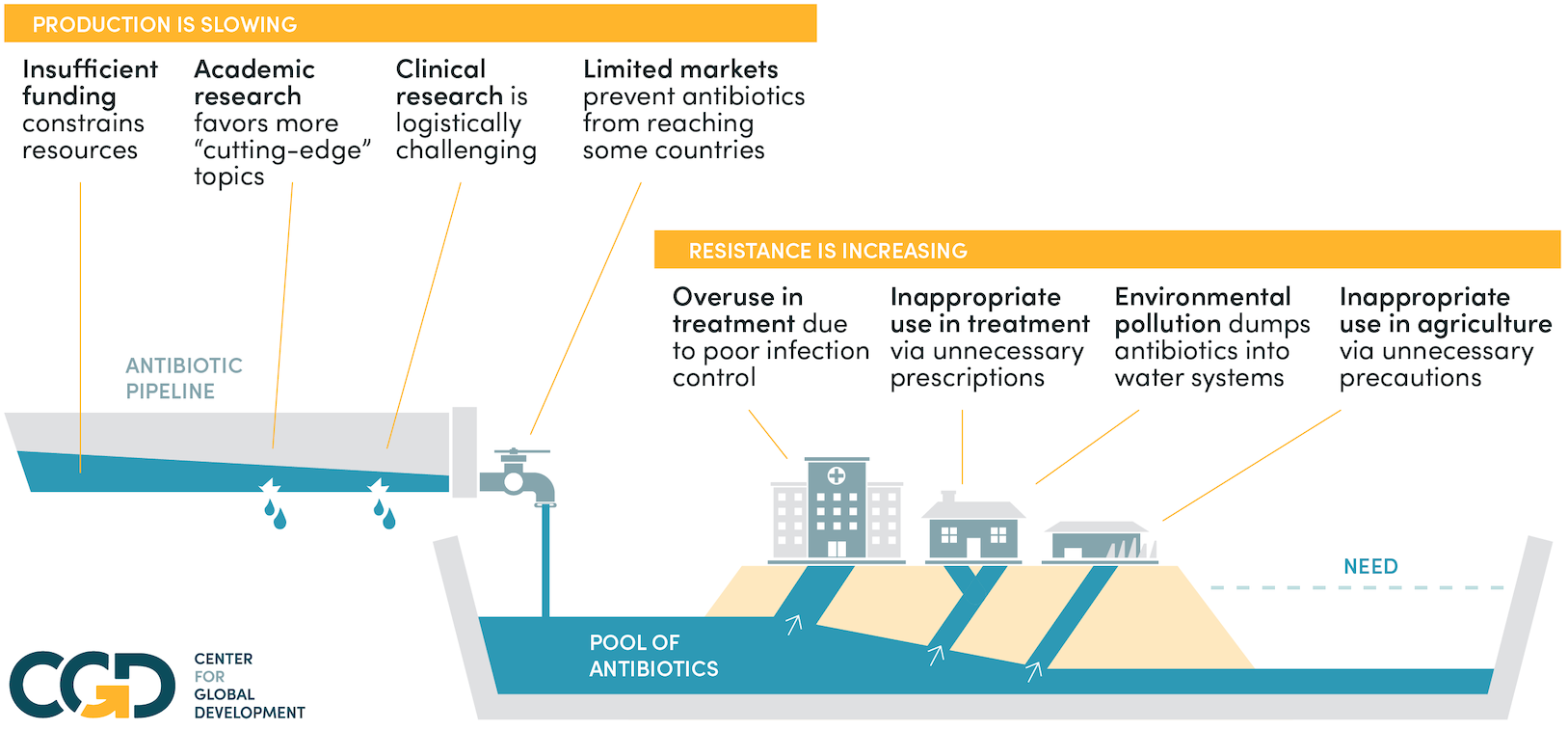In anticipation of the G8 summit and its focus on commitments to international development in Germany next week, President Bush called on Congress a short while ago to double the funding for PEPFAR from 15 to 30 billion dollars when the current plan expires in 2008. The plan for PEPFAR 2, as described in a White House press release is a "continuation and expansion" of the initial PEPFAR program:
Continuation - HIV/AIDS treatment, prevention and care are life-long needs, and the American people will continue to support those served during PEPFAR's first 5 years.Expansion - PEPFAR will further expand efforts to strengthen health systems, and to leverage programs that address malaria, tuberculosis, child and maternal health, clean water, food and nutrition, education and other needs. The Plan will emphasize transitioning from an emergency to a sustainable response for treatment, prevention and care.
One can almost hear loud sighs of relief from our fellow citizens in the developing world as they get wind of this welcome news; continued treatment for a couple of million people on treatment and additional funding to treat another half a million will put many nervous political leaders and health officials at ease, at least partially, if they know that PEPFAR will not drop off this earth in 2008. But this is only part of the story about financing the AIDS response. Good economic sense and an understanding of the key drivers of the epidemic tell us that doubling the money for HIV/AIDS (especially if it is only for treatment) doesn't necessarily double the impact.The money will only have a significant impact if funding decisions are based on evidence, and program implementation can respond to specific country needs. PEPFAR has done a lot of good in getting people on treatment and in to care programs, but there are also a number of areas where the program could be further strengthened, including expanding evidence-based prevention efforts, removing funding restrictions and other measures outlined in a recent
IOM evaluation report and described in a
previous blog from the HIV/AIDS Monitor. Yesterday's call from the President to take PEPFAR further emphasizes treatment, prevention and care as "life-long needs." If PEPFAR is to be reborn, we hope that these words and money will turn in to policies and action that can more than double the impact of such generous resources from the U.S. in keeping people alive, but also preventing them from getting HIV in the first place. That will be a true victory.
* With acknowledgement to Dr. Robert Bollinger, Johns Hopkins University for the term "PEPFARTHER" to describe the next phase for PEPFAR. CGD blog posts reflect the views of the authors, drawing on prior research and experience in their areas of expertise.
CGD is a nonpartisan, independent organization and does not take institutional positions.





